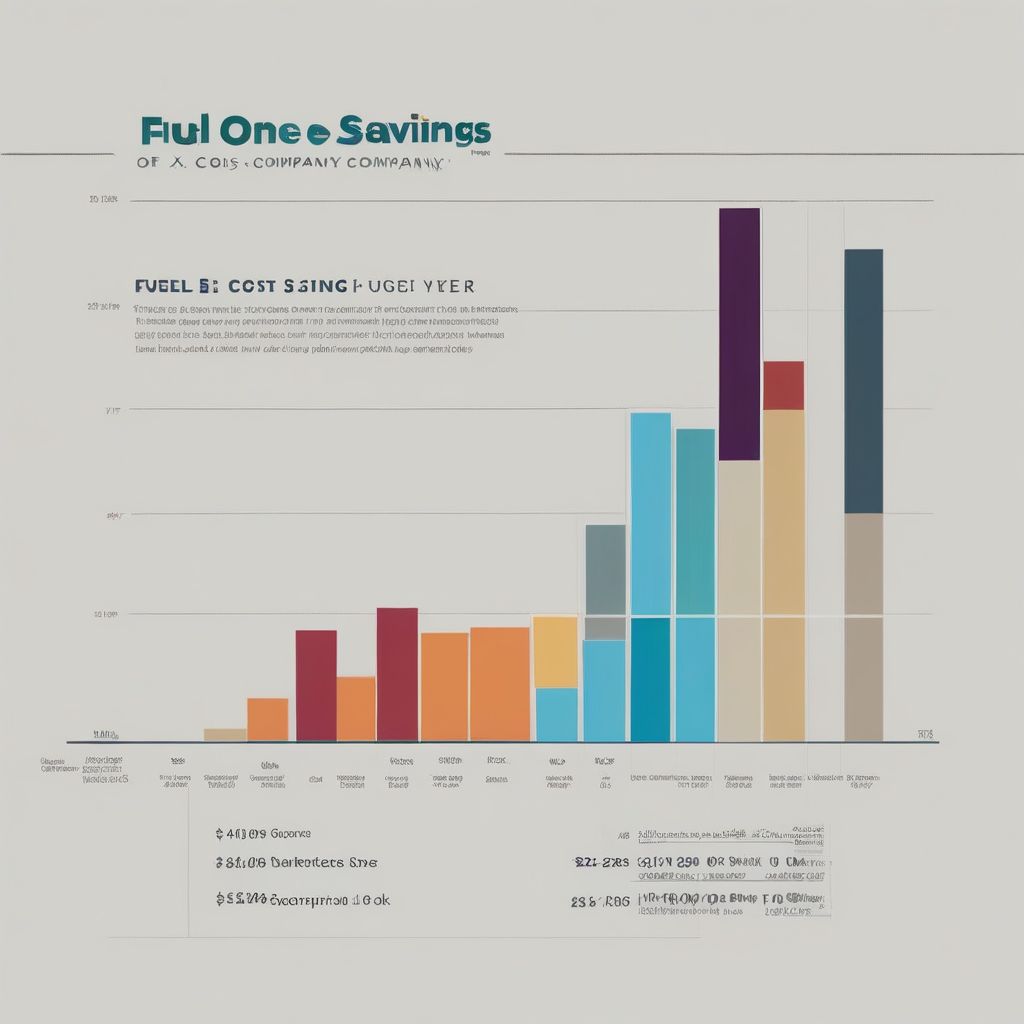In today’s fast-paced business landscape, transportation costs can significantly impact your bottom line, especially if you manage a fleet of vehicles. The fluctuating price of gas adds another layer of complexity to managing expenses. This is where gas cards for businesses come in, offering a potential solution to optimize fuel spending, track usage, and streamline accounting.
But are business gas cards right for your company? This comprehensive guide delves deep into the world of business gas cards, providing you with the information you need to make an informed decision.
Understanding Business Gas Cards: What are they and How do they Work?
Unlike personal gas cards often tied to specific brands, business gas cards are designed for commercial use, offering advantages tailored to the needs of businesses. These cards typically function as charge cards, with payments due in full each month.
Here’s a breakdown of how they work:
- Application: Businesses apply for gas cards through issuing companies like banks or fleet management providers.
- Approval: Based on the business’s creditworthiness, the issuer approves a credit limit and assigns cards to drivers or vehicles.
- Fuel Purchases: Employees use these cards exclusively for fuel purchases at participating gas stations.
- Tracking & Reporting: The issuer provides detailed reports on fuel consumption, expenditures, and other relevant data.
Why Your Business Might Need a Gas Card
Business gas cards offer several advantages over traditional payment methods, making them a strategic tool for companies with significant fuel expenses. Let’s explore some compelling reasons why your business should consider this option:
1. Reduced Fuel Costs
One of the most significant benefits of business gas cards is the potential for substantial fuel savings. Many cards come with:
- Fuel Discounts: Enjoy discounts per gallon at participating gas stations, directly impacting your fuel budget.
- Fleet Rebates: Accumulate points or rewards on fuel purchases, redeemable for cash back, gift cards, or travel benefits.
2. Streamlined Expense Tracking
Say goodbye to tedious manual expense reports and receipts. Business gas cards provide:
- Centralized Reporting: Track all fuel purchases in one place, eliminating the need for paper trails.
- Automated Expense Reports: Generate detailed reports with transaction history, fuel consumption, and driver information.
3. Enhanced Security and Control
Gas cards offer a higher level of security compared to cash or personal credit cards:
- Fraud Protection: Most cards come equipped with fraud detection systems, mitigating the risk of unauthorized use.
- Spending Limits: Set individual spending limits for each card, preventing overspending and misuse.
4. Improved Cash Flow Management
- Deferred Payments: Unlike immediate debit card transactions, gas cards offer a grace period for payment, improving cash flow flexibility.
- Simplified Accounting: Consolidated monthly statements streamline accounting processes, reducing administrative burden.
Factors to Consider When Choosing a Business Gas Card
Navigating the world of business gas cards requires careful consideration of various factors to find the best fit for your needs.
1. Network Coverage and Acceptance
- Gas Station Compatibility: Ensure the card is accepted at gas stations frequented by your fleet.
- Geographic Coverage: Consider the card’s coverage area, especially if your business operates across state lines.
2. Fee Structures and Rewards Programs
- Annual Fees: Some cards may have annual fees, while others waive them based on spending thresholds.
- Reward Points and Cashback: Evaluate the rewards program structure and redemption options.
3. Additional Features and Benefits
- Roadside Assistance: Explore cards that offer roadside assistance in case of emergencies.
- Maintenance Discounts: Some cards provide discounts on vehicle maintenance and repairs.
Maximizing Your Gas Card Benefits
To extract maximum value from your business gas card:
- Consolidate Fuel Purchases: Encourage employees to use the designated card for all fuel transactions.
- Monitor Statements Regularly: Track spending patterns, identify potential savings opportunities, and detect unauthorized use.
- Leverage Rewards Programs: Redeem rewards strategically for maximum benefit.
Case Study: A Real-World Example of Fuel Savings
Company X, a regional delivery service, decided to implement business gas cards for its fleet of 50 vans. By taking advantage of a card offering a 5 cents per gallon discount and a 1% cash back reward program, the company saved over $6,000 on fuel expenses within the first year.
dulichchicago.com/wp-content/uploads/2024/08/fuel-savings-chart-66bc82.jpg" alt="Fuel Savings Chart" width="1024" height="1024">Fuel Savings Chart
Conclusion
In conclusion, business gas cards can be a valuable asset for companies seeking to optimize fuel expenditures, streamline expense tracking, and enhance financial control. By carefully evaluating your business needs, comparing card features, and implementing smart usage strategies, you can leverage gas cards to fuel your fleet efficiently and drive significant savings.
